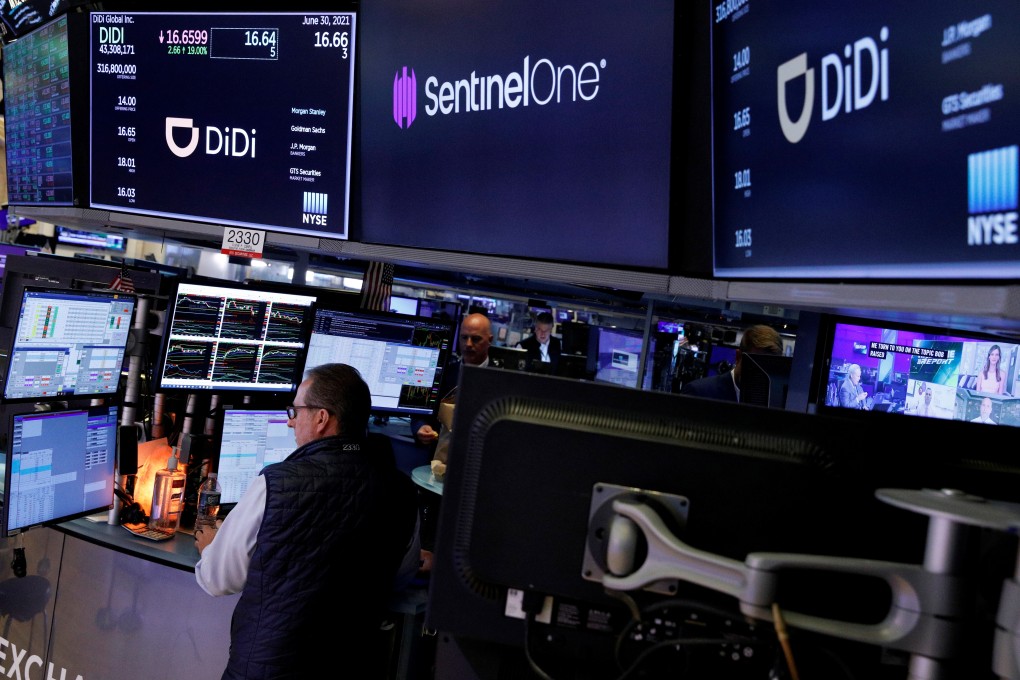How far will Beijing go in its oversight of overseas-listed Chinese stocks?
- Chinese regulators are weighing greater oversight of so-called variable interest equity structures, or VIEs
- VIEs have been a popular path for some of China’s biggest tech names to go public in the US

For more than two decades, Chinese technology companies have used a unique corporate structure to skirt Beijing’s restrictions on foreign investments and access overseas capital markets.
“I think it would be quite draconian or dramatic if the government were to completely ban the VIE structure. The use of the VIE structures has been going on for many years,” said Dickson Ng, a partner at the law firm Eversheds Sutherland in Hong Kong.
Under a VIE structure, companies form an overseas entity – usually incorporated in a jurisdiction such as the Cayman Islands or the British Virgin Islands – and share the profits or economic benefits of the onshore business with foreign investors who would normally be restricted in how they could directly invest in a mainland company.

02:05
China’s ride-hailing drivers install plastic shields to prevent coronavirus infection